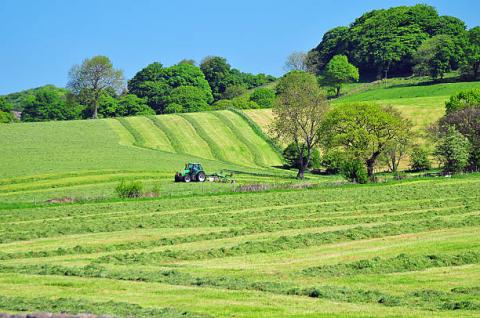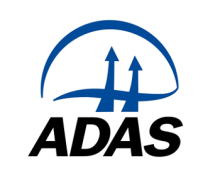The lack of yield mapping in grassland and forage systems has long been a barrier to carrying out line trials in grass. With alternative methods to measure grass biomass data being very labour-intensive, yield or biomass data is rarely collected, limiting the ability to scientifically test and analyse different management approaches. This constrains grassland farmers’ innovation and learning, and hence their ability to maximise yields, reduce inputs and enhance profits.
The project aims to use satellite data to provide an estimate of grass yield which can be used in Agronomics analysis to assess impacts of treatments on a field-scale. Previous studies have demonstrated the ability to estimate grass biomass measurements using Sentinel-2 satellite and drone-derived vegetation indices, with reasonable relationships found between these and grass biomass measurements (taken by rising plate meter measurements). A similar approach has also been developed in vegetable crops, where the industry faces the same barriers in yield mapping, through a project called ‘INNO-VEG’.
ADAS offers Agronomics line trials as a service to the agricultural industry and with this project is now developing the service for use in grass, enhancing measurement, testing and innovation in grassland systems and allowing efficacy of available treatments for grassland to be tested at field-scale.
This project is under a programme of and funded by the European Space Agency.





